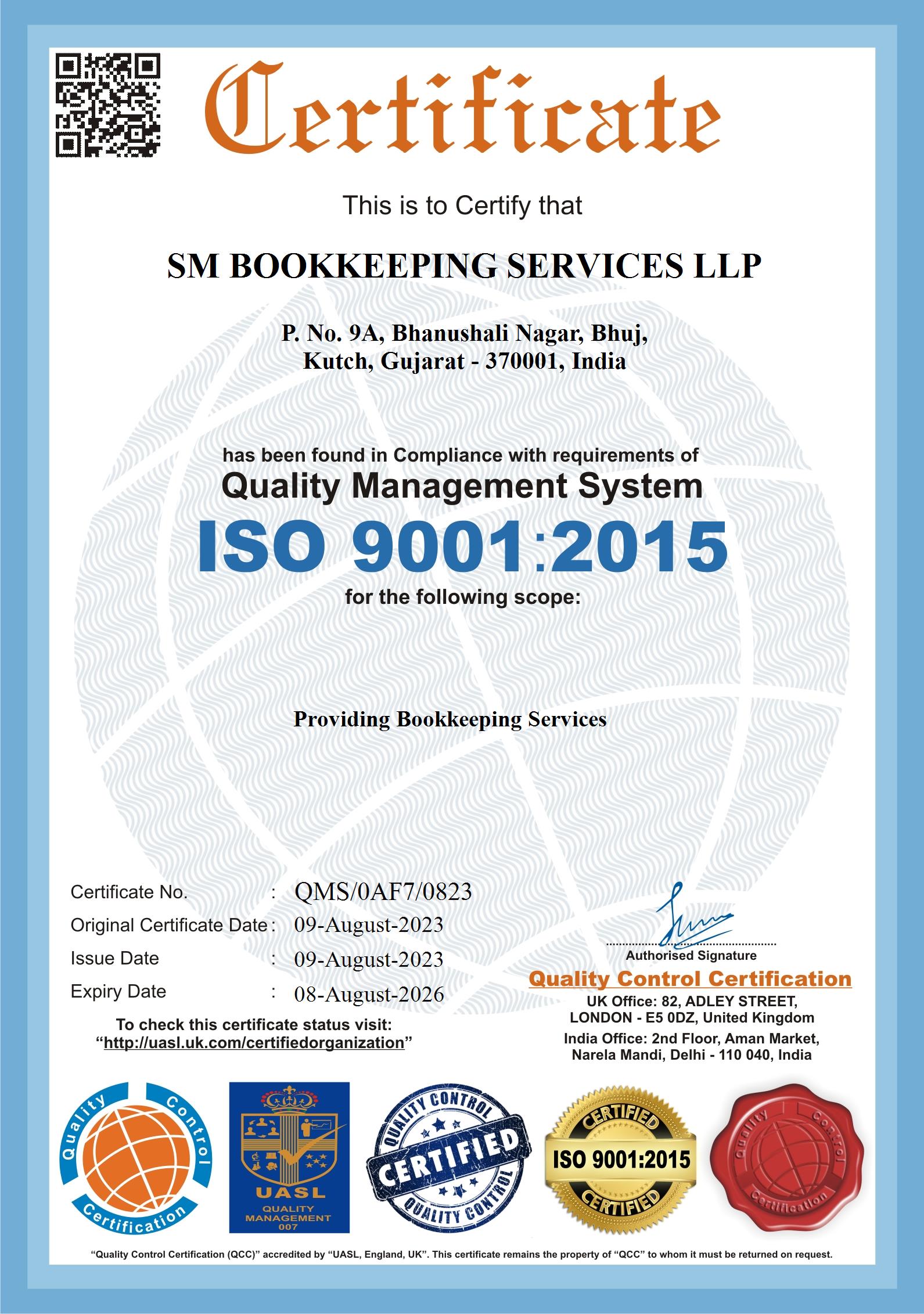Streamlining Account Payable Processes for Small & Medium-Sized Businesses

Streamlining Account Payable Processes for Small & Medium-Sized Businesses
Account payable, a fundamental element in any business's financial structure
Introduction
In the world of accounting and bookkeeping, few things are as crucial for small and medium-sized businesses (SMBs) as managing their accounts payable effectively. This essential aspect of financial management ensures that bills are paid on time, relationships with suppliers are maintained, and cash flow remains healthy.
Account payable, a fundamental element in any business's financial structure, refers to the money a company owes to its vendors and suppliers for goods and services received. Inefficient AP processes can lead to cash flow issues, strained relationships with suppliers, and missed opportunities for savings. So, let's delve into some practical strategies to streamline AP for SMBs.
Effective account payable strategies
1. Embrace Automation:
In today's fast-paced business environment, manual AP processes can be a significant bottleneck. By implementing automated AP solutions, SMBs can reduce errors, enhance accuracy, and expedite payment processing. Automation not only saves time but also enables businesses to take advantage of early payment discounts, ultimately improving their bottom line.
2. Establish Clear Policies and Procedures:
Having well-defined AP policies and procedures is paramount. Ensure that your employees understand the guidelines for approving invoices, verifying receipt of goods or services, and processing payments. Clarity in these processes minimizes discrepancies and promotes accountability.
3. Leverage Technology for Invoice Management:
Invest in an invoice management system that allows for easy tracking, approval, and storage of invoices. Modern accounting software can categorize expenses, match invoices with purchase orders, and generate reports, providing a comprehensive view of your financial obligations.
4. Monitor and Forecast Cash Flow:
Regularly monitor your cash flow to anticipate upcoming expenses and allocate funds accordingly. This proactive approach ensures that you always have the liquidity needed to meet your payment obligations on time.
5. Vendor Communication and Negotiation:
Building strong relationships with your vendors is essential. Regular communication can lead to more favorable terms, such as extended payment terms or discounts for early payments. Negotiating effectively can have a significant impact on your AP processes.
6. Auditing and Reconciliation:
Perform regular audits of your AP records to identify discrepancies or potential errors. Reconcile your accounts to ensure that all payments are accurate and accounted for. This practice helps maintain the integrity of your financial statements.
7. Educate Your Team:
Ensure that your accounting and finance team is well-trained and up-to-date with the latest accounting regulations and best practices in AP. Continuous education can lead to more efficient processes and better decision-making.
8. Internal Control and Security:
Protect your financial data by implementing robust internal controls and security measures. This is critical to safeguard against fraud and unauthorized access to sensitive financial information.
In conclusion, optimizing your account payable processes is a fundamental step toward improving the financial health of your SMB. By embracing automation, establishing clear policies, leveraging technology, maintaining open communication with vendors, auditing regularly, educating your team, and prioritizing internal control and security, you can streamline your AP operations and position your business for long-term success.
If you found this blog post helpful, be sure to explore our other articles on financial management and accounting for SMBs. Your financial success is our top priority, and we're here to provide you with valuable insights every step of the way.
